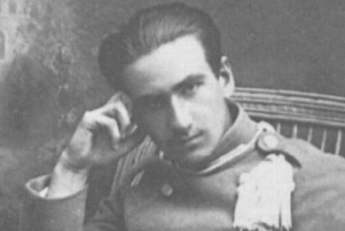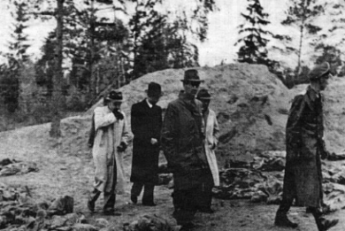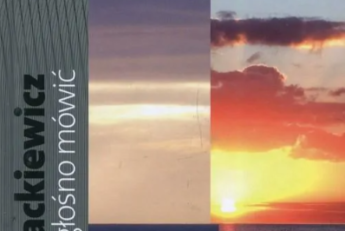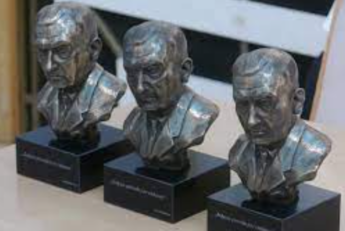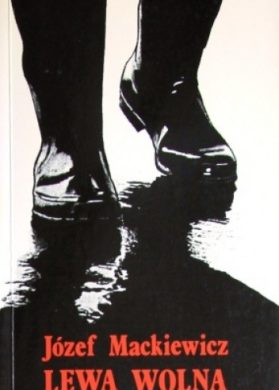
This is a novel that contains two main plot lines and a few side stories. There is a historical and political part in it, presented in many places in the book and graphically separated from the novel plot, there are war adventures of several lancers in 1919-1920 in Vilnius and White Rus and the romance-idyll of Zosia and Karol.
In this novel, Mackiewicz criticizes Polish policy. In his opinion, Poland should have managed war operations in such a way that, in coordination with the forces of Denikin, Wrangel and Kołczak, it would lead to the collapse of Bolshevism. Piłsudski’s federation policy, which, moreover, collapsed, came out in favor of Bolshevism, much to the world’s misfortune. These and other issues raised a lot of opposition, and as the literary scholar prof. Włodzimierz Bolecki claims: “Since the publication of this novel begins the most powerful struggle with Józef Mackiewicz as a writer.”
The book caused huge opposition from the Association of Polish Veterans, which published a brochure entitled “In defense of historical truth.” There are words of general Tadeusz Pełczyński: “The picture of 1919-20 outlined by Mackiewicz … we must reject it completely as untrue, biased and offensive […]. Polish cavalrymen appearing in this novel and representing the Polish soldier in general are people without any ideological compass […] Women taking part in the fight are – according to Mackiewicz, harlots and sexually disgraced lesbians. He presents them all in a way that degrades Polish women in general. “

